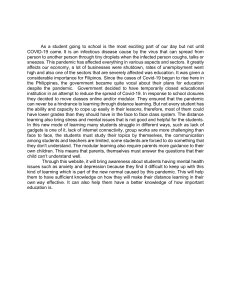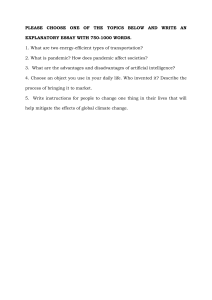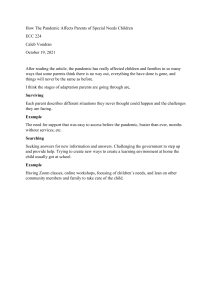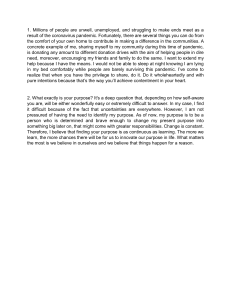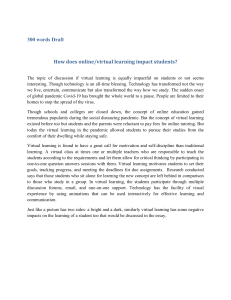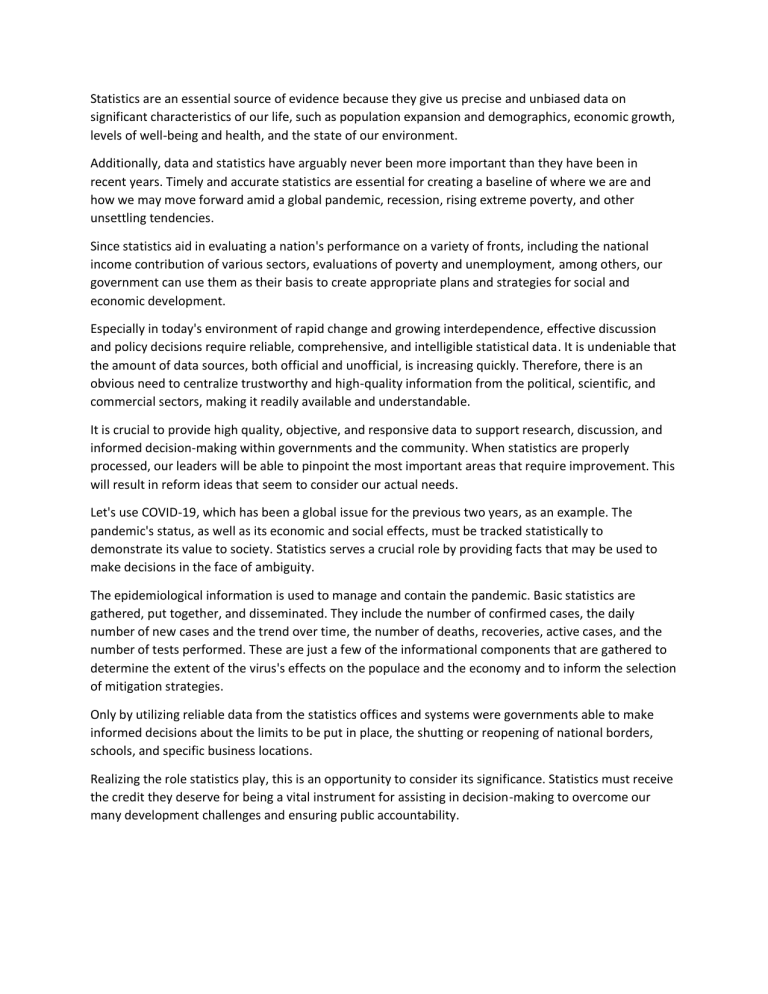
Statistics are an essential source of evidence because they give us precise and unbiased data on significant characteristics of our life, such as population expansion and demographics, economic growth, levels of well-being and health, and the state of our environment. Additionally, data and statistics have arguably never been more important than they have been in recent years. Timely and accurate statistics are essential for creating a baseline of where we are and how we may move forward amid a global pandemic, recession, rising extreme poverty, and other unsettling tendencies. Since statistics aid in evaluating a nation's performance on a variety of fronts, including the national income contribution of various sectors, evaluations of poverty and unemployment, among others, our government can use them as their basis to create appropriate plans and strategies for social and economic development. Especially in today's environment of rapid change and growing interdependence, effective discussion and policy decisions require reliable, comprehensive, and intelligible statistical data. It is undeniable that the amount of data sources, both official and unofficial, is increasing quickly. Therefore, there is an obvious need to centralize trustworthy and high-quality information from the political, scientific, and commercial sectors, making it readily available and understandable. It is crucial to provide high quality, objective, and responsive data to support research, discussion, and informed decision-making within governments and the community. When statistics are properly processed, our leaders will be able to pinpoint the most important areas that require improvement. This will result in reform ideas that seem to consider our actual needs. Let's use COVID-19, which has been a global issue for the previous two years, as an example. The pandemic's status, as well as its economic and social effects, must be tracked statistically to demonstrate its value to society. Statistics serves a crucial role by providing facts that may be used to make decisions in the face of ambiguity. The epidemiological information is used to manage and contain the pandemic. Basic statistics are gathered, put together, and disseminated. They include the number of confirmed cases, the daily number of new cases and the trend over time, the number of deaths, recoveries, active cases, and the number of tests performed. These are just a few of the informational components that are gathered to determine the extent of the virus's effects on the populace and the economy and to inform the selection of mitigation strategies. Only by utilizing reliable data from the statistics offices and systems were governments able to make informed decisions about the limits to be put in place, the shutting or reopening of national borders, schools, and specific business locations. Realizing the role statistics play, this is an opportunity to consider its significance. Statistics must receive the credit they deserve for being a vital instrument for assisting in decision-making to overcome our many development challenges and ensuring public accountability.
